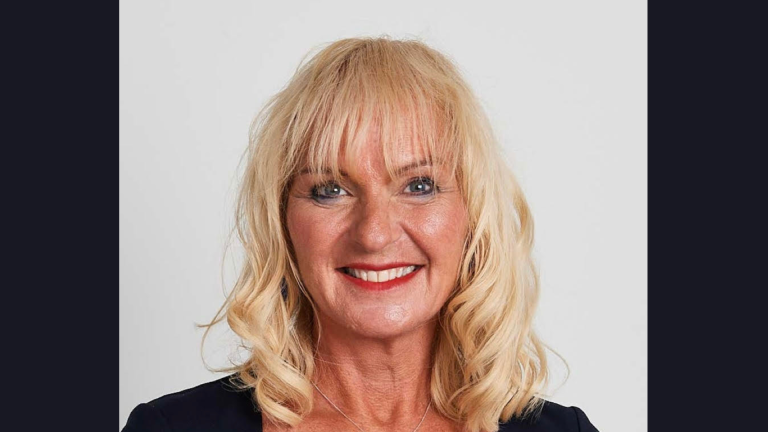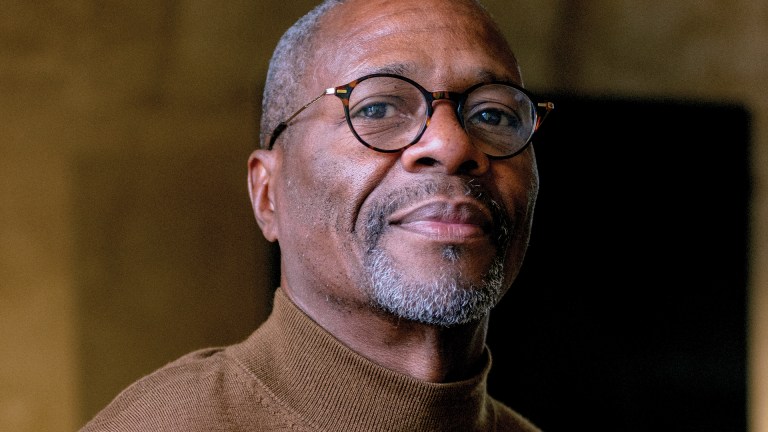Over the past eighteen months we have spent a lot of time thinking and talking about diversity in the social investment eco-system. It’s an issue that comes up regularly. We want to be inclusive and give people a hand up. This is a core part of The Big Issue’s ethos. However, diversity is also central to our business case. We need diversity as it means reaching more social enterprises, increasing social impact, and it helps build a sustainable business model.
It can seem strange that diversity is actually a challenge for the social investment sector. Our latest data shows we are improving in terms of the diversity of our investments – across sectors, regionally, income models and gender balance. Reflecting on this, a number of reasons come to mind.
Staffing
Our team is multi-ethnic and drawn from a range of backgrounds. The professional backgrounds of the individuals on our team is changing. We’ve become less financial services focused and more people focused. We aim to recruit those who have worked in the social sector and had varied careers. With this approach comes different perspectives and attitudes especially to risk and engagement. We are more reflective of the people in
the social enterprises we want to engage with.
Risk
What can be perceived as barriers to investment by people not familiar with the social sector are not really barriers. Grant income models, a focus on impact, lack of resources, change/uncertainty and organisational stretch are not barriers just features of organisations we’ve come across. Often we find that the right people make the unworkable work.
Being Open
We are working more and more with support organisations, networks and sectors not historically linked to social investment. Many of our most recent investments are to organisations that are new to social investment. They did not immediately see social investment as a route for them. A recent example of this is the Bernie Grant Arts Centre, in Tottenham, London.
To grow the social investment market? Increase diversity. From our recent experience we have found small changes in approach can lead to significant gains.









